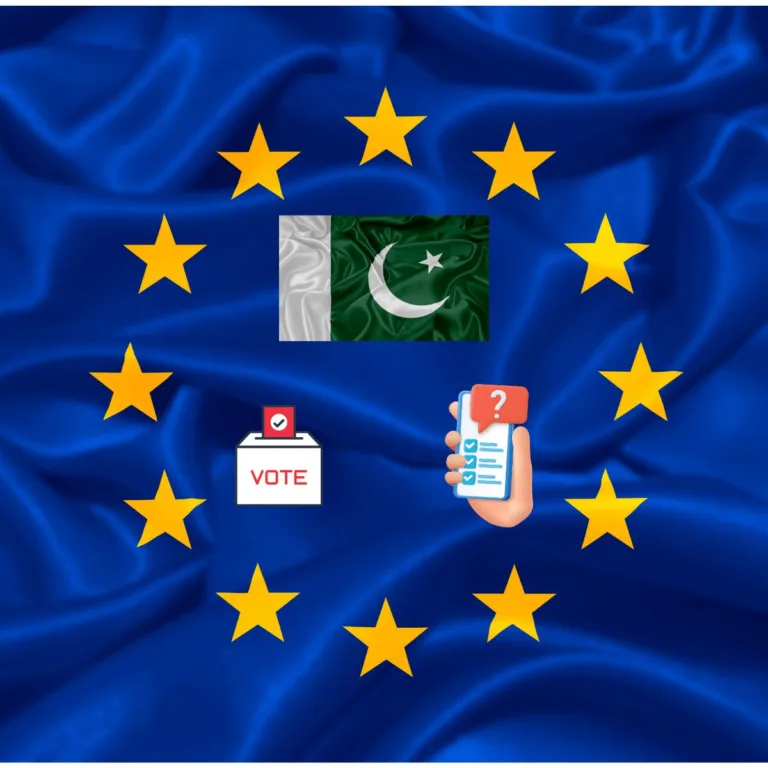Since February 8th, 2024, X, formerly known as Twitter, has faced severe disruptions in Pakistan. Researchers are keen to understand the reasons behind this disruption. In this context, a survey conducted on this controversial microblogging platform could shed light on the situation. Such surveys are rare, making it crucial to make research findings accessible to a wider audience.
One notable aspect of this survey is its timing—it was conducted after the platform’s takeover by eccentric billionaire Elon Musk. During the Musk era, Twitter faced criticism for spreading misinformation and ‘fake news.’ By examining the survey results, we can assess such criticisms more objectively. Notably, Statista—an independent research entity—conducted the survey, and its findings are widely used by credible news organizations.
Findings show that Pakistani X users are more affluent, well-informed, more educated and media literate – based on diversity of their media diet and mistrust of mainstream media – than an average Pakistani Internet user. This raises questions on the motivations behind X ban in Pakistan.
However, it’s essential to recognize that any serious research on the characteristics of X and its users in Pakistan should consider multiple data points. With this disclaimer let’s delve deeper into this intriguing disruption and explore its implications.
For implications of this survey also see: How blanket bans on X will not solve the issue of misinformation in Pakistan.











